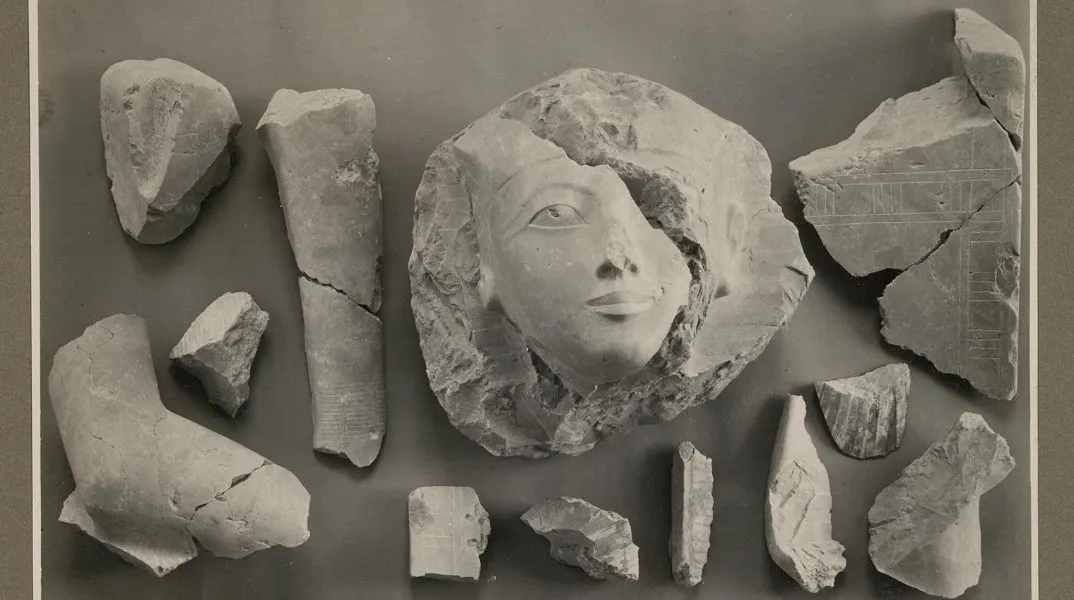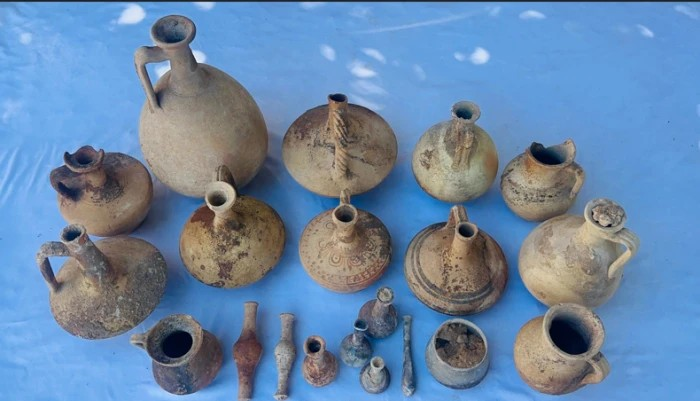Ancient cultures held rich and complex beliefs about the underworld, shaping their views on death, the afterlife, and the journey of the soul. Each civilization had its own interpretation of the afterlife, often ruled by powerful deities and filled with trials, rewards, or punishments.
In Greek mythology, the underworld, ruled by Hades, was a vast realm where souls were judged and assigned to Elysium (paradise), the Asphodel Meadows (a neutral resting place), or Tartarus (a place of torment). The Egyptian concept of the afterlife revolved around the journey through Duat, where the deceased faced the Weighing of the Heart ceremony conducted by Anubis. If the heart was lighter than Ma’at’s feather, the soul entered the blissful Field of Reeds; if not, it was devoured by Ammit.
Meanwhile, Norse mythology described Hel, a cold, misty realm ruled by the goddess Hel, where those who did not die in battle resided. In contrast, Mesopotamian beliefs depicted the underworld as a bleak, dusty existence where souls wandered eternally. The Mayans envisioned Xibalba, an underworld filled with terrifying trials governed by death gods who tested the souls of the deceased.
These myths reflect each culture’s values, fears, and hopes regarding death and what lies beyond, offering insight into how they honored the dead and prepared for the afterlife.







